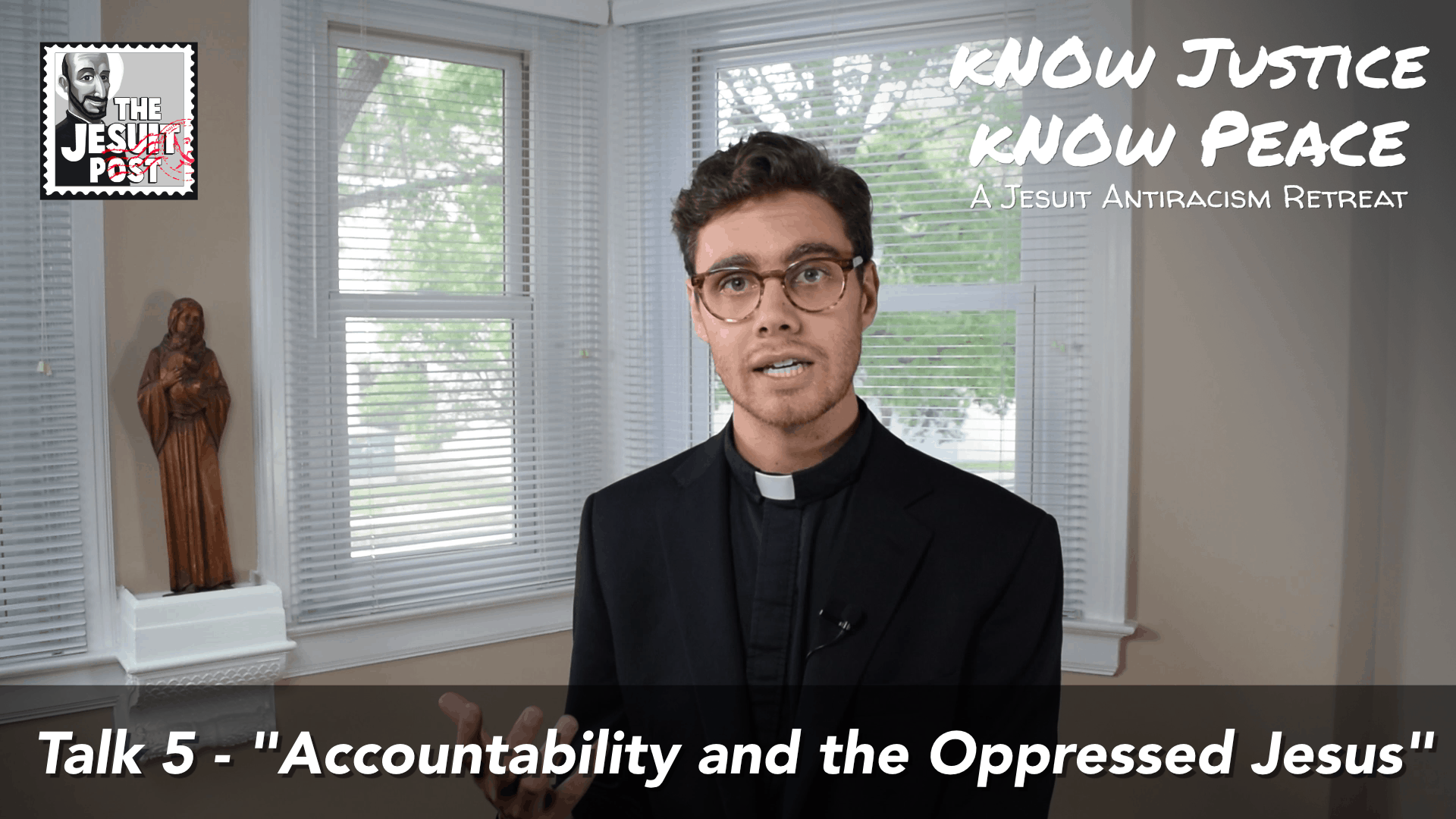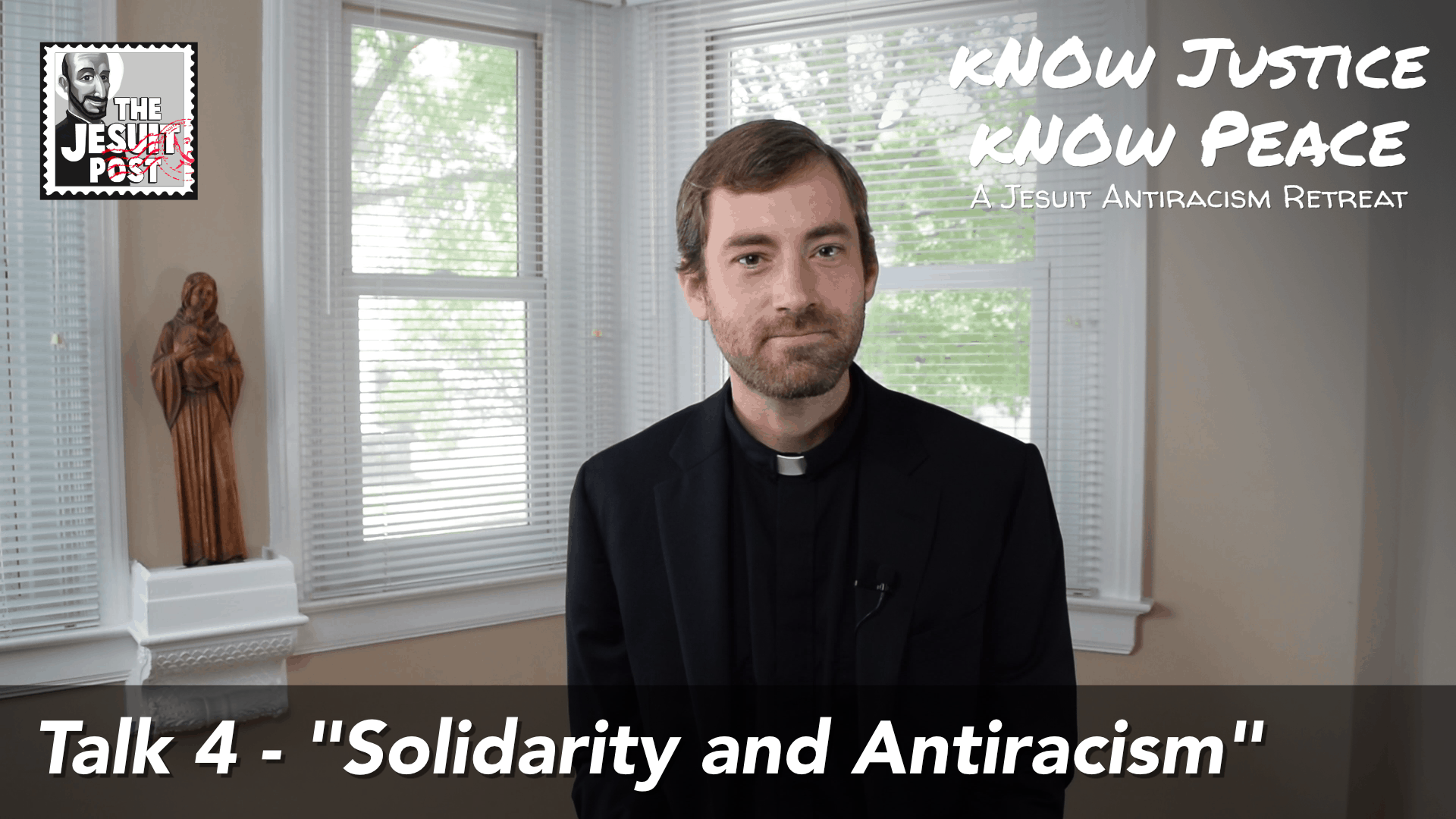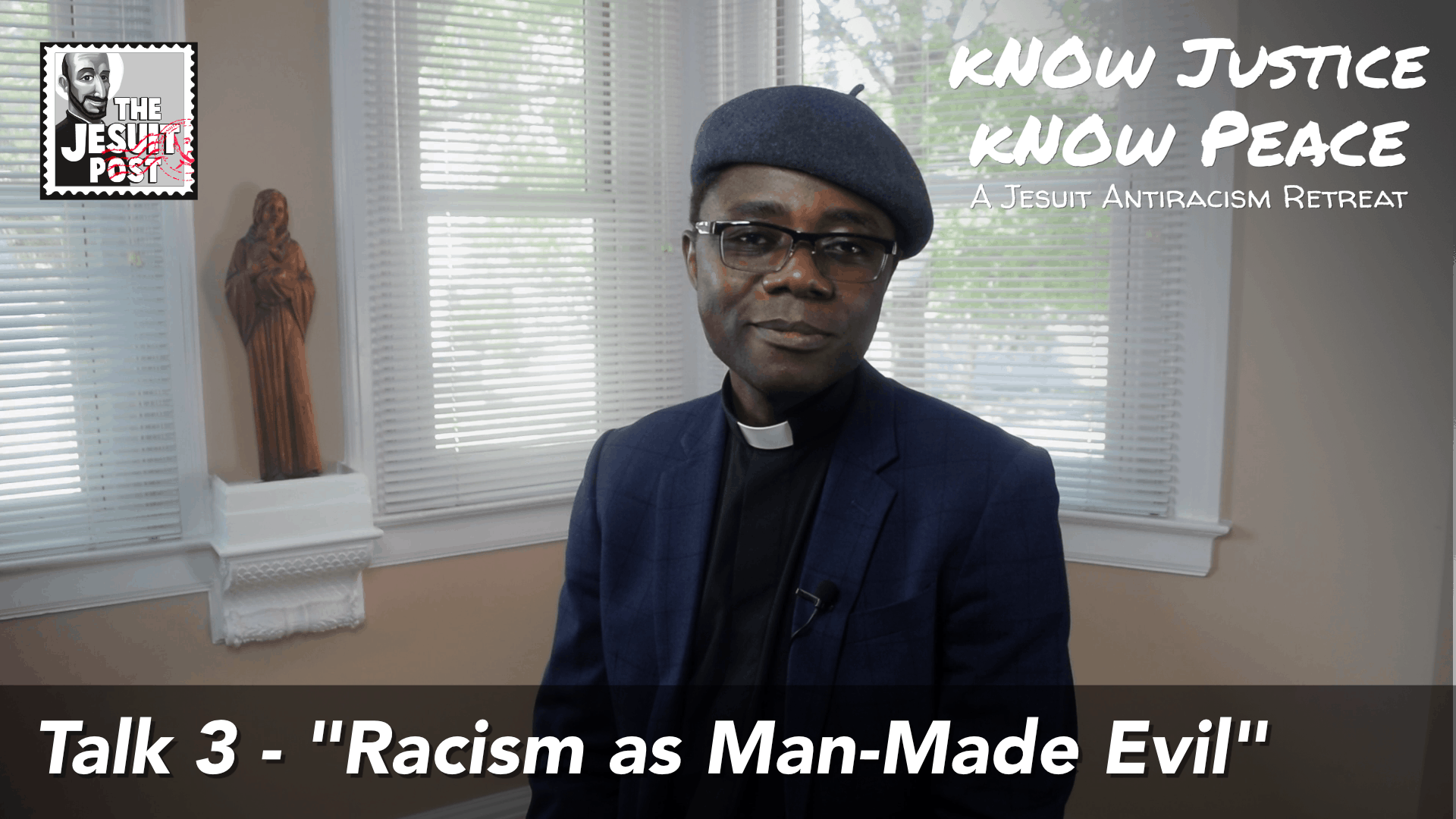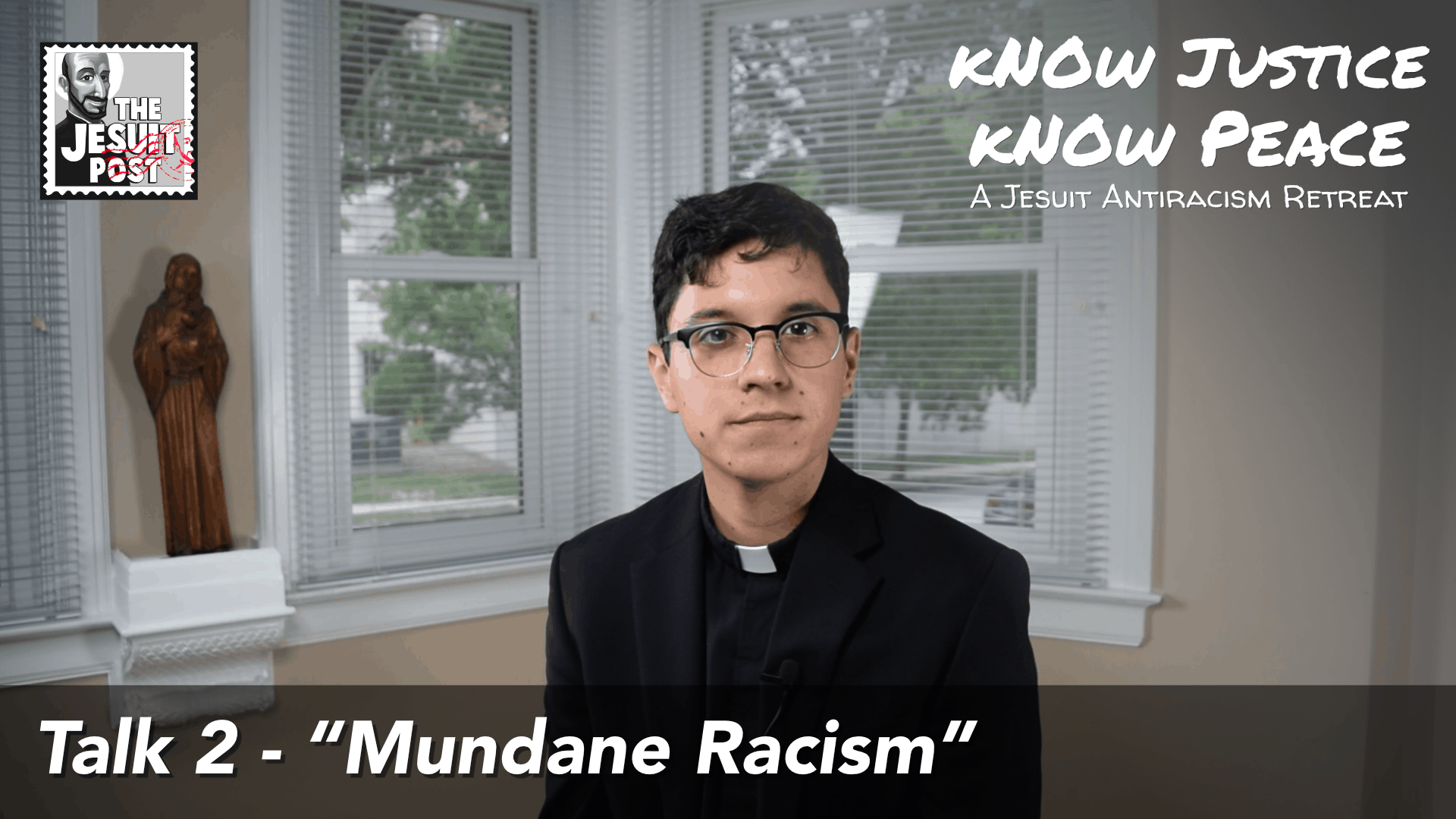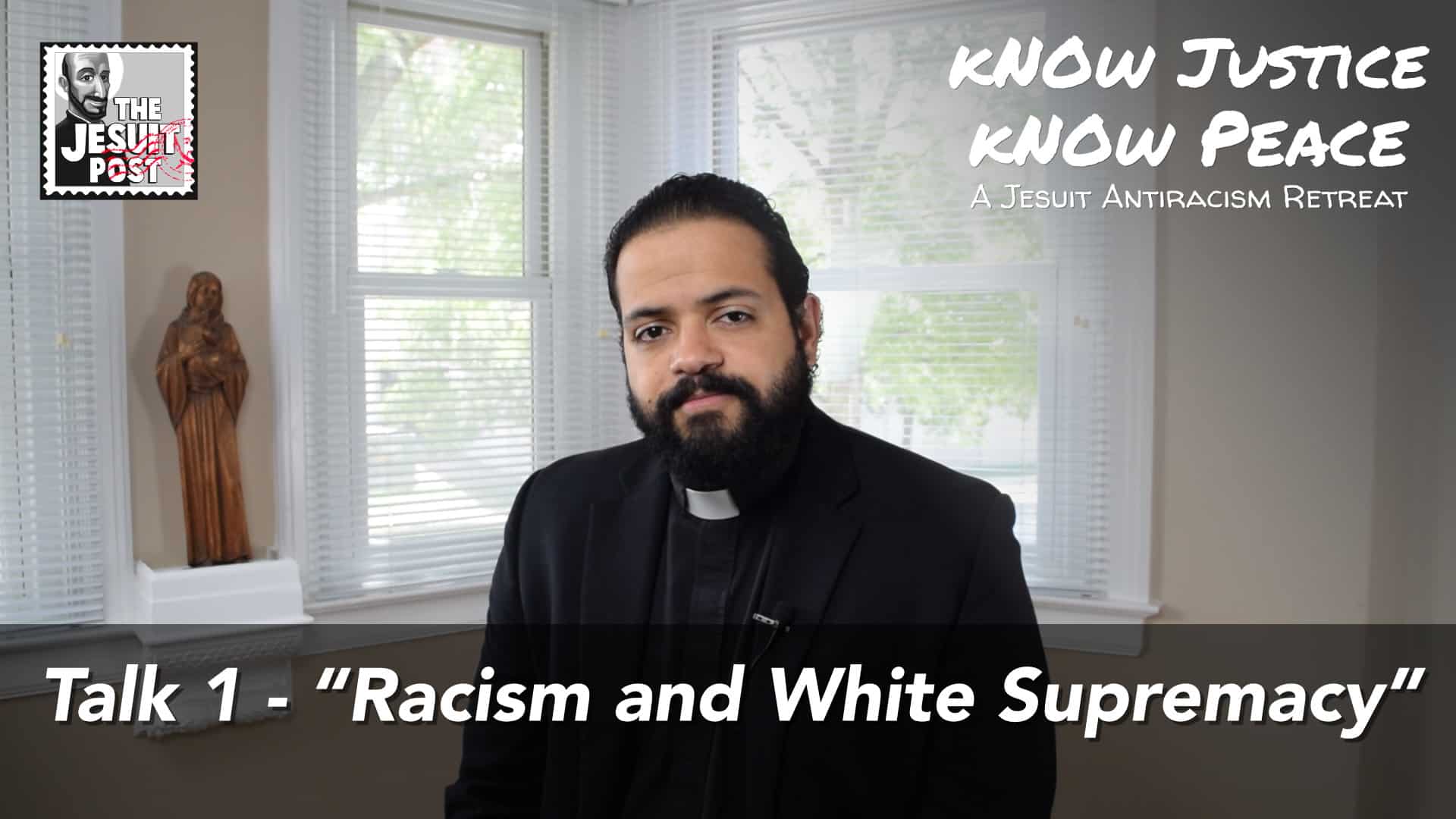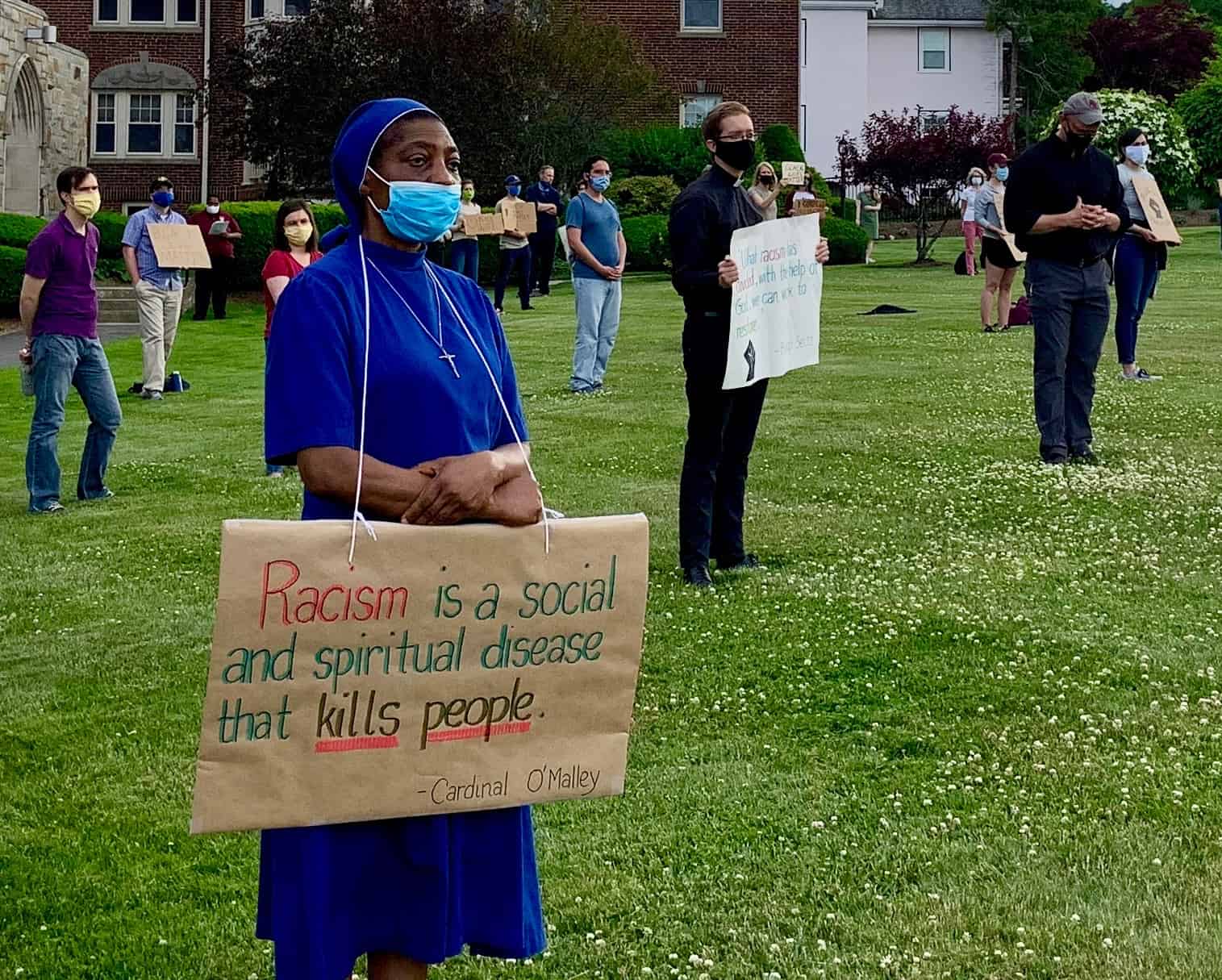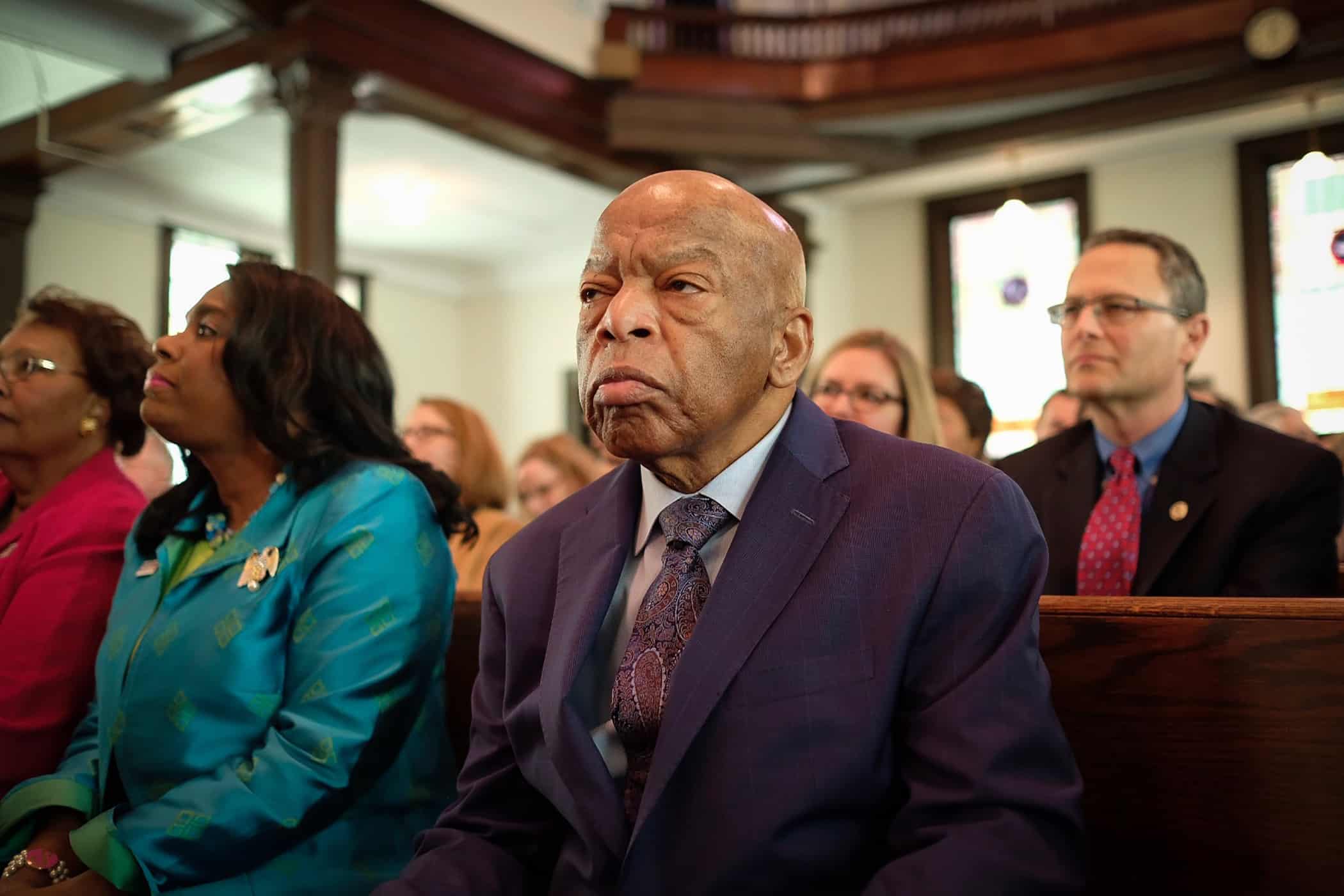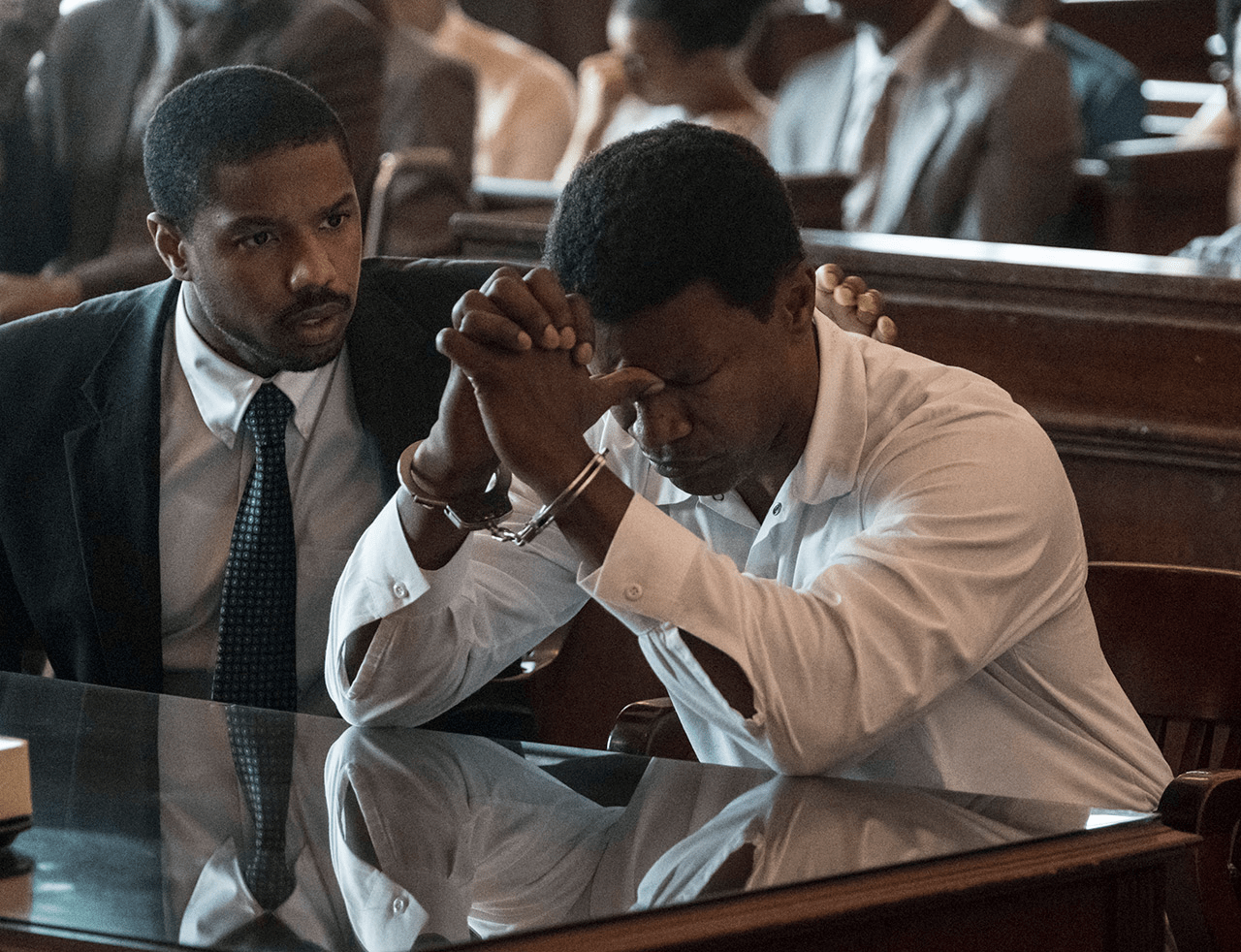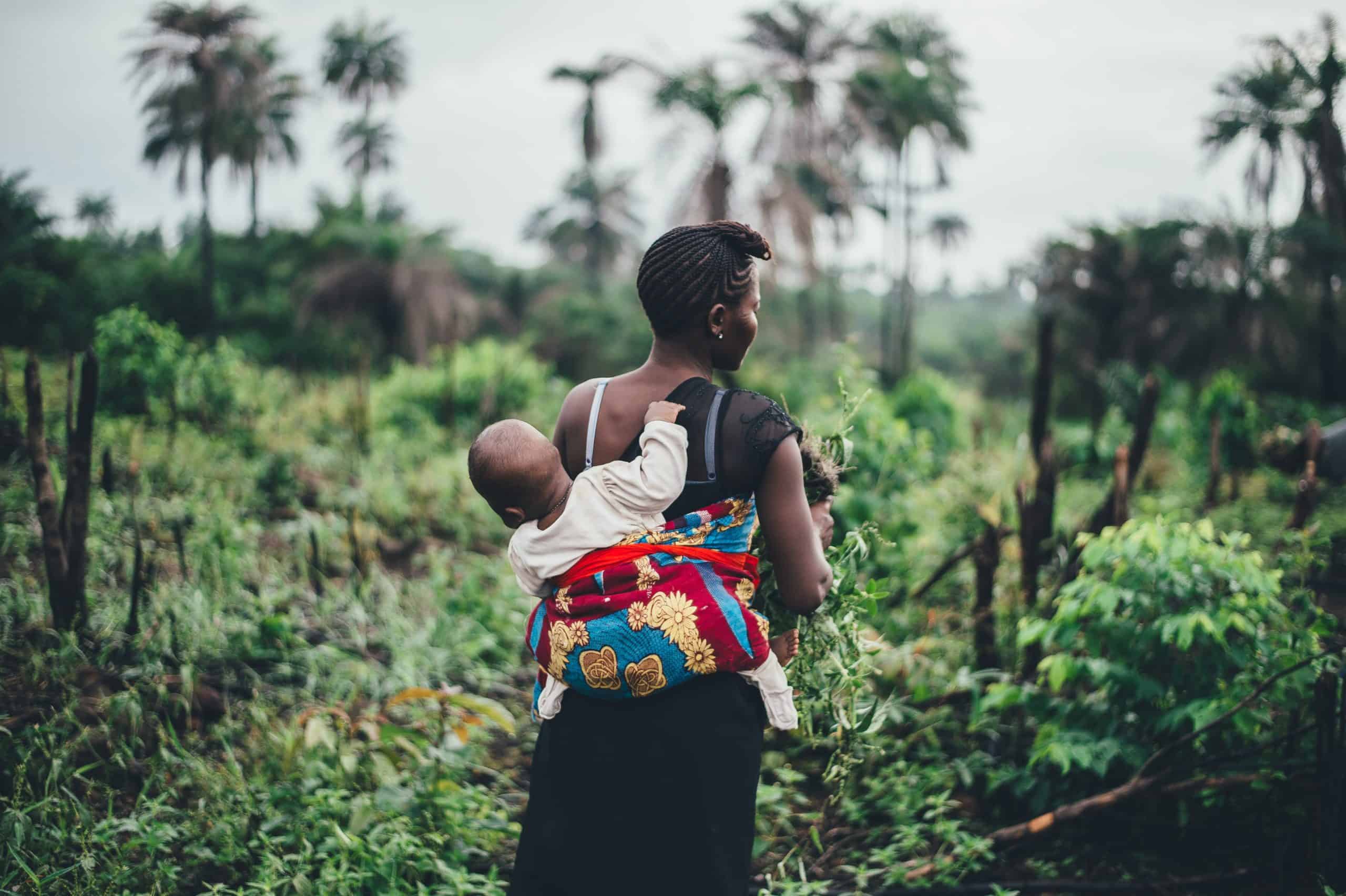When I speak about racism, am I generally more worried about how white people will feel, react, or think of me than I am about how people of color will? Does my Church, my workplace, my classroom consider mainly the sensitives, comfort and concerns of white people? Billy Critchley-Menor points the anti-racism conversation in the right direction when he explains that it is about white people being held accountable to People of Color. White supremacy has shaped society around the accountability of white people. Anti-racism refocuses our attention so we are held accountable by the oppressed in our society; those in whom Jesus lives according to the Gospels.
Posts in Justice
Solidarity and Anti-Racism | Know Justice, Know Peace: A Jesuit Antiracism Retreat
Although solidarity is one of the values of Catholic Social Teaching, it is easily forgotten that it is not just a feeling of sympathy with those who suffer. Solidarity is a constant effort to create a society centered on equity and justice. Kevin Kuehl gives us four characteristics of true solidarity and asks us to consider with whom do we practice solidarity in our following of Jesus: with those who are fighting for justice or with those who are perpetuating oppression?
Racism and Colorblindness | Know Justice, Know Peace: A Jesuit Antiracism Retreat
Race is a social construct originally framed to create hard boundaries that could not be crossed by people of different skin color and for the purpose of segregation. Black, Indigenous, and People of Color (BIPOC) are still discriminated against and abused because of the color of their skin. Although race as a social construct was abusively imposed as a biological determinant of skin color, our society must not fall into the tarp of colorblindness as it prevents one from seeing the suffering of “BIPOC” members. Armel Setubi asks us to imagine a society without race, while warning us about the common mistake of thinking that colorblindness is the solution to racism. Inspired by St. Ignatius, Armel asks us to ponder God’s call to be anti-racist with three important questions: what have we done to fight the sin of racism, what are we doing now, and what will we do in the future.
Mundane Racism | Know Justice, Know Peace: A Jesuit Antiracism Retreat
Racism is not just violence and big displays of oppression. It manifests in everyday situations and in the mundanity of our lives. Jorge Roque shares some instances where the idea of white superiority affects how white people are racist toward minorities in a covert and harming way. Deciding to work against these harming habits require conversion. Jorge asks to allow ourselves to be scandalized and to pray with Jesus’s lament over Jerusalem.
Racism and White Supremacy | Know Justice, Know Peace: A Jesuit Antiracism Retreat
Racism manifests itself as white supremacy in the United States. Ángel Flores Fontánez introduces these and other concepts, summarizes the history of white supremacy, and identifies white fragility as a great obstacle to defeat the sin of racism. He also invites us to imitate Jesus in his ability to accept correction and convert from wrong ways.
Catholic 101: Church Teaching and the Anti-Racism Movement
What does the Church teach about racism? What about “implicit bias,” “systemic racism,” and reparations? Our latest addition to the Catholic 101 series answers these questions and more.
The Hole Left Behind by John Lewis
On July 17, 2020, with the death of John Robert Lewis, a hole was left in Congress and in our country. He was an outstanding model of nonviolent resistance, a Freedom Rider, and an artisan of peace. Let’s remember his life and legacy, and heed his call. Because he called for more than change.
A Catholic Case for Carbon Tax
As Catholics we are called to care for our common home. A Pigouvian tax on the negative externality of carbon emissions is a systemic stem toward that care.
Why You Should Watch “Just Mercy”
The first federal executions in 17 years took place this week. That should motivate you to watch the film “Just Mercy.”
The Value of Human Life: An African Jesuit Reflects on the Black Lives Matter Movement
What is the value of human life? While there seems to be an agreement that such a question is worth asking, there is much debate on what ought to be its appropriate response. The incongruity in the responses to this age-old question has led to the heart-rending...

